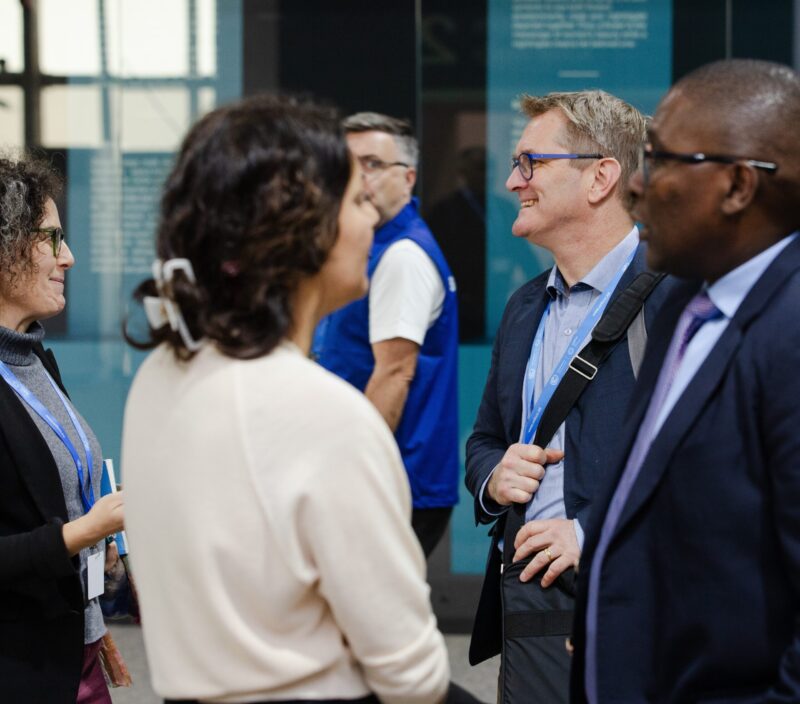An historical Climate Change UN Conference it is starting this Monday, 11, in Baku, Azerbaijan, with its biggest goal established: to make a new agreement around the climate finance, improving the amount of money available to countries to combat, adapt and mitigate climate impacts. “Developed countries must commit to significantly increase mitigation and adaptation funds and release these resources quickly, so that they do not remain just promises and good intentions”, says Adrián Fernández Bremauntz, the executive director of Iniciativa Climática de México.
The subject will be approached from multiple angles during the first week in the Regional Climate Foundations Pavilion, starting on Tuesday afternoon — the first day with activities in the RCF’s pavilion auditorium. Patricia Espinosa, a former Foreign Affairs Minister in Mexico, and Luiza Sidonio Rodrigues, who works at Brazil’s Ministry of Finance, will discuss how Brazil and other Global South countries can obtain funding for climate and nature — taking advantage from the G20 meeting and the COP30, that will occur in Brazil later this year and in 2025. They will speak with Sandra Guzman, who heads the Climate Finance Group for Latin America and the Caribbean, and other speakers at an event organized by Igarapé Institute.
On Wednesday morning, the focus will move to financing the energy transition in the Southeast Asia. In this region, a coal power fleet with only 13 years of average age as of 2023 is the largest contributor to the region’s electricity mix. On the other hand, most countries there are developing economies with young populations, striving to expand their economies and improve living standards. The idea is to highlight key strategic intervention necessary in energy sector and the innovative and blended finance as the carbon credit as ways to reduce dependency on fossil fuel and achieve the energy mix targets whilst maintaining energy security.
On Thursday, the use of metrics and data for tracking and estimating financing needs for climate adaptation will be the morning debate on the subject. And in the afternoon, indigenous peoples from the Amazon, Africa, Asia and the Pacific will focus on funding their adaptation plans to tackle climate impacts.
As the weekend approaches, the Regional Climate Foundations Pavilion will hold two events that will discuss the climate finance with a cultural and entertainment angle. Friday night, directors from the Brazilian producer Outra Onda Conteúdo will present a report on how Global South countries are working to include the art and the culture as a way to act on climate change. One of the findings of the study is the fact that, in most countries, there is a need to develop arrangements and funding mechanisms for research, training, communication and initiatives that work at this intersection between culture and climate. After the presentation, a debate will rely on the experience of the indigenous artist Shaq Koyok from the Malaysian Temuan tribe of Selangor, and Gunjan Nanda, a global culture and climate change promoter.
On Saturday, the RCF’s pavilion will discover more about the Planet’s Guardians, a game that explores real-world challenges, showcasing how local funds drive grassroots solutions for environmental and social justice across the Global South. After the game, the promoters invite the audience to join a reflection on how activist funds are shaping change in the philanthropic landscape.
Daily debates from 10am to 7pm
The Regional Climate Foundations Pavilion will hold debates every day, from Tuesday (12) to Thursday (22), approaching the most important subjects that will be part of the negotiations at the UN Climate Change Conference. The pavilion is located in the Blue Zone, and also will receive an interactive exhibition called ‘Building Hope’, open to all participants during the COP29.
The debate schedule is being updated every day, and the details of each event can be checked on the Regional Climate Foundations website.








